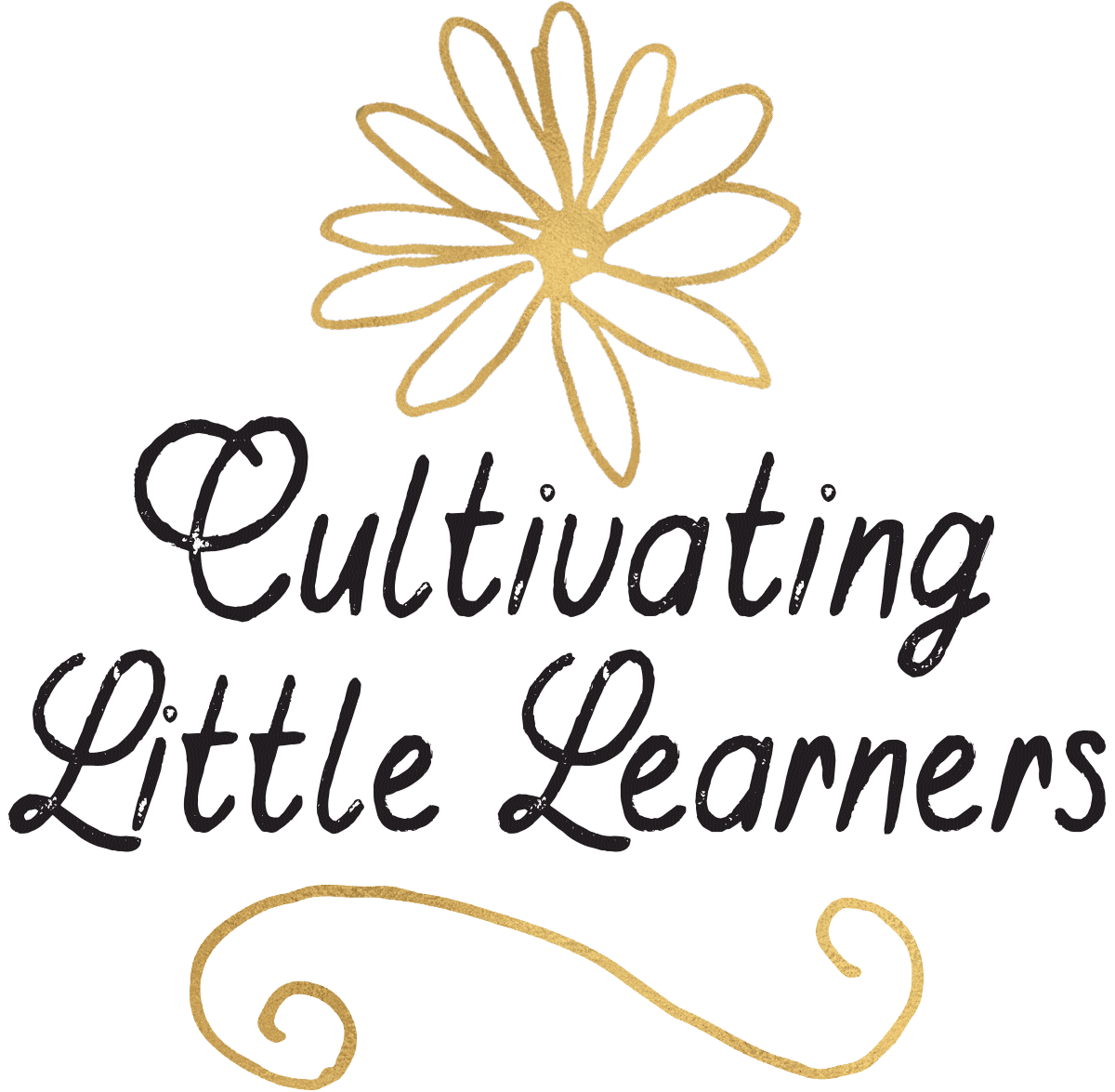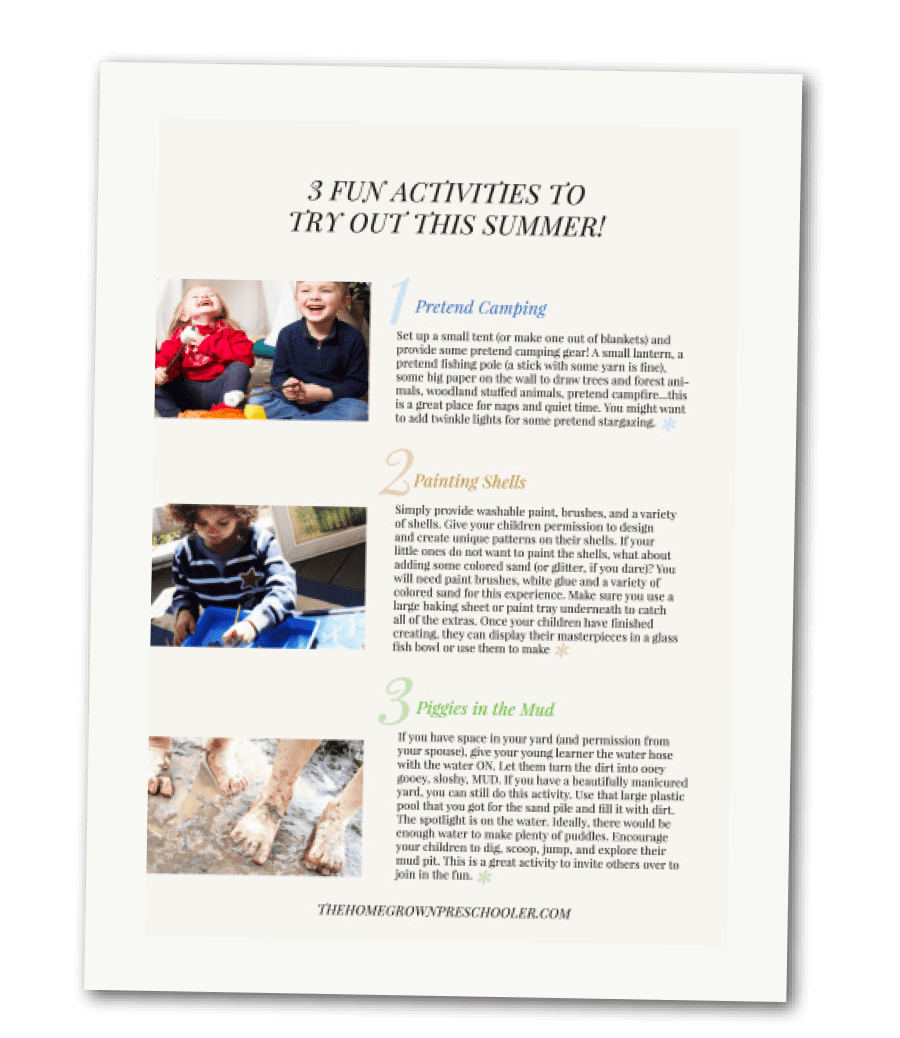



We are all trying to make our way forward the best we can. For many of us, much of our year was spent worrying over expectations, goals, and lesson plans. We were assaulted daily with scary headlines about the declining mental health of our young people. So much in the world is burdensome and uncertain. We are sure we are not alone when we say that it has been a long couple of years. For many of you, it was your first year or two of homeschooling, and you are just now finding your bearings. Some of you are still living with some measure of restrictions and are struggling to find joy. This is officially your invitation to put down your burdens and enjoy this summer with your children. Let’s really make it a celebration to end all celebrations.
Psalm 118:24 reminds us that “This is the day the Lord has made; let us rejoice and be glad in it.” There is so much about Psalm 118 that is wonderful for a homeschooling parent to soak in. David wasn’t exactly having an easy time in life when he wrote this, and as a mom or dad, you have probably felt hemmed in on all sides—maybe not by an army, but by expectations, financial worries, and lack of enough hours in the day. Despite all he faced, this is such a psalm of joy and celebration. I’ve made it my anthem this summer, inspired by a recent ladies event that I attended. Fortunately, the event was made into a podcast by The Grove, and you can listen to it to be even more inspired to practice joy and celebration with your children.
Let’s all go into the summer with an intentional sense of joy and lightness of heart. We need it, and our kids need it.
But “Wait!” you say! There is math to catch up on, and organizing to do, and I haven’t put the Easter decorations up yet, and this was the time we were going to _________. (Insert your project here.) It is very tempting to use summer as a catch-up time, but ladies, your children need to see their mama’s smile and need you to model having some good old-fashioned fun. The anxieties of the past few years have rubbed off on a lot of our children, and they need a summer to end all summers more than they need a cleaned out closet. Having said that, I am always surprised when I take the time out to have fun with my children. I have a more willing army to get things done quickly and efficiently anyway, so it really is a win-win situation.
I (Lesli) have to admit that I struggle here. My productivity mindset gets in the way of being able to relax with my children and have fun. However, I have spent the last ten years researching and writing about play, and I can tell you that play is much more important for adults than we want to admit. For some reason, we are made to feel guilty for playing as we get older. One of my favorite books about play is called Play: How It Shapes the Brain, Opens the Imagination, and Invigorates the Soul by Stuart Brown, M.D.. He has some wonderful advice for parents who want to connect with their children. You can watch him give a terrific TED Talk.

He says, “Remembering what play is all about and making it part of our daily lives are probably the most important factors in being a fulfilled human being. The ability to play is critical, not only to being happy but also to sustaining social relationships and being a creative, innovative person.”
His book is filled with amazing research on how we “are built for play and built by play.” In it he shares that a “play deficit” affects a person in many of the same ways a “sleep deficit” does. On a brain scan, it looks almost identical. A play deficit requires make-up play, much to the degree one night of lost sleep takes a week to make up. If anyone needs some make-up playtime, it is probably the mom who has been wearing the additional hat of homeschool teacher this year!
- Play must be apparently purposeless. It is not done for productive motives or survival value.
- Play must be voluntary and not done out of duty.
- Play must have an inherent attraction and produce excitement.
- Play must provide freedom from time. When we are fully engaged in play, we lose our sense of time and live completely in the moment.
- Play provides a diminished consciousness of self. We stop worrying about what other people think of us or if we look silly.
- Play has improvisational potential. We are not locked into our normal rigid ways of doing things.
- Play provides a continuation of desire. The pleasure of the experience makes you want to do it again.
Think about your play history for a few moments and jot some notes down. Can you remember times when you experienced play with the above seven characteristics? In order to create the playful household we desire, it is helpful to retrace your own play memories. When I think about my play memories, I think about movement and pushing physical boundaries. I wanted to go so high on the swing that the whole swing set bounced in a deliciously dangerous way. I wanted to jump on slippery rocks across the river. I wanted to go on rickety carnival rides—especially Ferris wheels that seemed like they might roll off their pedestal. (I assert that a Ferris wheel that doesn’t make you think you might die is not a real Ferris wheel. These modern air-conditioned things are a scourge upon humanity!)
Sadly, I’ve noticed that other than my yearly Ferris wheel ride at the fair, I haven’t had that exhilarating experience of play in a while. The last time I can remember is when I was at the beach with my daughter, many years ago. We were jumping little waves, barely getting wet up to our knees. Suddenly, a big wave came out of nowhere and knocked us both over on our behinds. As we both came up sputtering and surprised into the sunlight, this feeling of exhilaration and joy came over me that I had not experienced since childhood. My daughter had on a hot pink bathing suit, and her hair was in pigtails. Pure and deep laughter burst forth out of my very soul. I often recall that moment as one of the happiest moments of my life. It was truly a celebration of the sea and sky.
Kathy and I believe wholeheartedly that we need to model play for our children. The old adage that “all work and no play makes Joe a dull boy” is true for us as parents as well. Let this be a summer of celebration and think about how you can play with your children with joy.
Dr. Brown believes that we all have a distinct play style. Understanding your own play style and that of your children will help you make some fun plans that will weave a ribbon of happy memories through the next few months.
- The Joker loves to make people laugh and is an expert at practical jokes.
- The Kinesthete plays through movement but is not necessarily competitive.
- The Explorer plays through physical exploration or mental exploration through books or ideas.
- The Competitor loves any play with rules and enjoys playing to win.
- The Director is a born organizer who enjoys planning events and excursions for others.
- The Collector wants to have and hold the most interesting of objects.
- The Artist/Creator loves to create or renew—engineers fall into this category.
- The Storyteller’s imagination is their kingdom of play. This category includes all kinds of performers and storytellers.
Think about these categories and each of your children, and notice how they like to play. In my family, I have a son who loves to play board games. His brother, a musician and storyteller, would purposely lose just to avoid an hours-long game of Monopoly! But both love to play goofy games of mini golf. As young adults, they have stretched each other. My “rigid rules” boy has become more creative, and my two sons write songs and record music together. Despite our personality differences, we can find ways to play together. If you need any ideas for your young children, Kathy and I have written a fun resource called A Summer of Playing Skillfully that is filled to the brim with fun and easy ways to play with your children this summer.
Dr. Brown says that “play is called recreation because it makes us new again. It recreates us and our world.” I would say the world could use a little refreshing this year. Consider letting the pressure of homeschooling and parenting for perfection go, even for just the summer. Dare to approach this parenting gig with lightheartedness, laughter, and fun. This will benefit your entire family, and that is a guarantee.
To download a printable with easy ideas for Summer Fun, go here.





